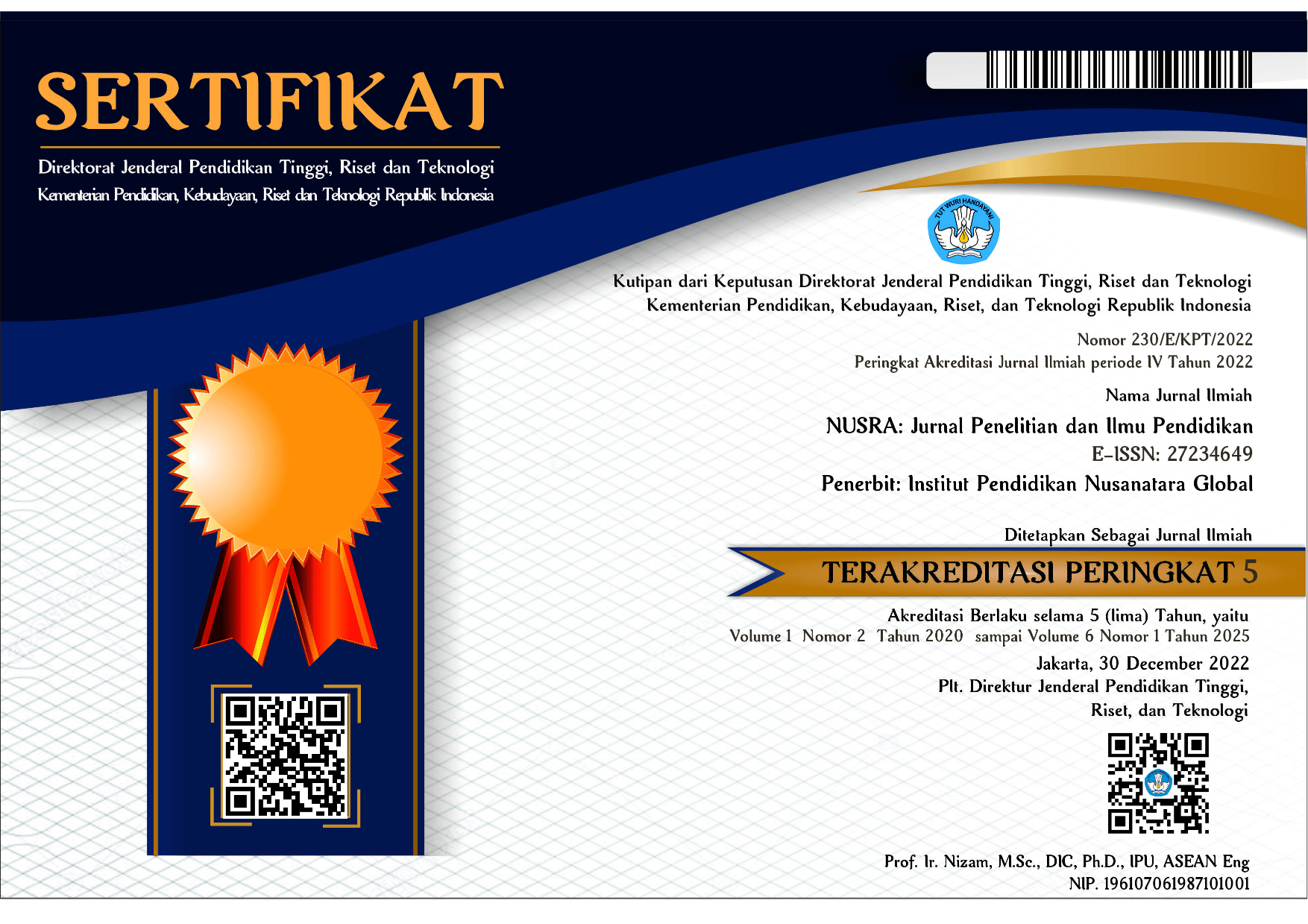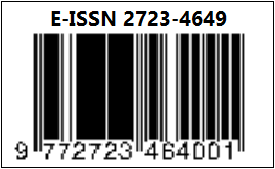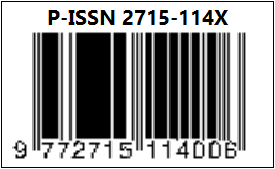PENGARUH MODEL PEMBELAJARAN VALUE CLARIFICATION TECHNIQUE (VCT) TIPE PERCONTOHAN TERHADAP HASIL BELAJAR IPS SISWA KELAS III SDN SUMBEK LOMBOK TENGAH
DOI:
https://doi.org/10.55681/nusra.v4i2.923Keywords:
Learning Models, Value Clarification Technique, Social ScienceAbstract
This research aims to determine the effect of the Pilot Type Value Clarification Technique (VCT) Learning Model on Social Studies Learning Outcomes of Grade III Students at SDN Sumbek Central Lombok in 2023. The background of this research is the lack of interest in students in Social Studies learning due to the material being too broad and the inculcation of values which is not given by the teacher so that learning outcomes are less than optimal. The design in this research was a quasi-experimental non-equivalent group design. The population of this study were all students of class III at SDN Sumbek, totaling 47 students and the technique used in sampling was a saturated sample technique where class III A was the control class and class III B was the experimental class, totaling 47 students. The data collection method in this research is to use the test method. The results showed that the average value of the experimental class pre-test was 60.69 and the control class pre-test was 62.50 while the experimental class post-test average value was 84.00 and the class post-test average value control of 75.66. Data on learning outcomes were analyzed using the t-test (t-test) polled variance with a significant level of 5%. Based on the results of the t-test statistical analysis, the results obtained are tcount > ttable, which is 3.31 > 2.00 at a significance level of 5%. This shows that Ho is declared rejected and Ha is declared accepted.
Downloads
References
Adisusilo Sutarjo. 2014. Pembelajaran Nilai-Karakter Konstruktivisme dan VCT Sebagai Inovasi Pendekatan Pembelajaran Afektif. Jakarta: PT. RajaGrafindo PersaDarmadi, H. 2011. Metode Penelitian Pendidikan. Bandung: Alfabeta.
Djahiri, A. K. 1985. Strategi Pengajaran Afektif-Nilai-Moral VCT dan Games dalam VCT. Bandung: Jurusan Pendidikan Moral Pancasila dan Kewargaan Negara FPIPS IKIHadi, S. 2016. Statistik. Yogyakarta: Pustaka Pelajar.
Hariyanto. 2010. Ilmu Pengetahuan Sosial Sekolah Dasar Kelas Rendah. Lombok: Cerdas Press Mataram.
Purwanto. 2014. Evaluasi Hasil Belajar. Yogyakarta: Pustaka Pelajar
Sudjana, N. 2013. Penilaian Hasil Proses Belajar Mengajar. Bandung: PT. Remaja Rosdakarya Offset.
Sudjana Nana. 2009. Dasar-Dasar Proses Belajar Mengajar. Bandung: Sinar Baru Algensindo Offset.
Sugiyono. 2011. Metode Penelitian Pendidikan (Pendidikan Kuantitatif, Kualitatif, dan R&D). Bandung: Alfabeta.
Sugiyono. 2012. Metode Penelitian Bisnis. Bandung: Alfabeta.
Sugiyono. 2013. Metode Penelitian Kombinasi (Mixed Methods). Bandung: Alfabeta.
Sugiyono. 2016. Statistik Untuk Penelitian. Bandung: CV. Alfabeta.
Sukmadinata, N.S. 2011. Metode Penelitian Pendidikan. Bandung: PT. Remaja Rosdakarya.
Sumaatmadja, dkk. 2005. Konsep Dasar IPS. Jakarta: Univrsitas Terbuka.
Susanto, A. 2013. Teori Belajar Pembelajaran di Sekolah Dasar. Jakarta: Penanda Media Group.
Taniredja Tukiran, dkk. 2015. Model-model Pembeljaran Inovatif dan Efektif. Bandung: Alfabeta.
Trianto. 2007. Model Pembelajaran Terpadu dalam Teori dan Praktek. Jakarta: Prestasi Pustaka.
Downloads
Published
How to Cite
Issue
Section
License
Copyright (c) 2023 NUSRA: Jurnal Penelitian dan Ilmu Pendidikan

This work is licensed under a Creative Commons Attribution-ShareAlike 4.0 International License.














